The Department of Plant Biology, Ecology, and Evolution at Oklahoma State University in Stillwater (http://plantbio.okstate.edu) seeks a full-time Database Analyst to begin January 2022 with an annual renewal contingent on satisfactory performance through August 2023. The Data Analyst will serve as Data Manager for the NSF-funded herbarium digitization project “American Crossroads: Digitizing the Vascular Flora of the South-Central United States” (https://www.nsf.gov/awardsearch/showAward?AWD_ID=1902085). This manager will maintain the project’s centralized database, oversee data synchronization with project portals and repositories, provide overall quality control of images and crowdsourced data, ensure that workflows and data management protocols meet project standards for data preservation and data quality, work with contracted technical developers, and conduct training workshops on data management. The manager will work closely with the project’s Technological Innovator and Project Manager (at the lead institution, Botanical Research Institute of Texas) on data-related tasks and will report to Dr. Mark Fishbein at Oklahoma State University. The project is an inter-institutional collaboration (TORCH: Texas Oklahoma Regional Consortium of Herbaria) among Oklahoma State University, Botanical Research Institute of Texas, University of Texas at Austin, University of Oklahoma, and Texas A&M University. The position is currently classified as based in Stillwater, Oklahoma, though it is possible that it could be converted to a remote position to accommodate the constraints of a very strong applicant.
Specific responsibilities include: 1) manage user accounts; 2) assist the Project Manager in creating workflow documentation; 3) monitor and ensure data and image quality; 4) provide workflow training (online and in person) to project participants; 5) provide technical support to project participants; 6) assist with importing existing specimen data and images into the TORCH web portal; 7) integrate data and images with external aggregators (e.g., iDigBio, GBIF, JSTOR); 8) assist the Project Manager in generating reports; 9) travel to participating herbaria for training sessions and to periodic meetings of senior project personnel.
Required competencies: written and oral communication, problem solving, organization, working on teams with different skill levels and learning curves, working with team members from diverse backgrounds and social groups, knowledge of data management procedures including familiarity with SQL.
Desired skills: data cleaning (OpenRefine, etc); scripting (e.g., Python, PHP); Linux; Darwin Core and related data standards; cross-walking data between different standards; image processing software (e.g., Adobe Lightroom); familiar with tools for syncing files (e.g., rsync, Dropbox); georeferencing.
Minimum Qualifications: B.S. in Computer Science, Museum Science, or related field.
Desired qualifications: M.S. in Computer Science, Museum Science, or related field; one year of experience in data management for natural history collections.
All applications should be submitted online at jobs.okstate.edu referencing reqID req10546. Include 1) cover letter, 2) résumé or curriculum vitae, 3) names and contact information for three references, 4) transcripts. Candidates from groups underrepresented in science and academia are especially encouraged to apply. Review of applications will begin December 17, 2021 and continue until position is filled. Contact information: Mark Fishbein, mark.fishbein@okstate.edu, 405-744-2544. Position is contingent upon available funding.
Oklahoma State University, as an equal opportunity employer, complies with all applicable federal and state laws regarding non-discrimination and affirmative action. Oklahoma State University is committed to a policy of equal opportunity for all individuals and does not discriminate based on race, religion, age, sex, color, national origin, marital status, sexual orientation, gender identity/expression, disability, or veteran status with regard to employment, educational programs and activities, and/or admissions. For more information, visit https:///eeo.okstate.edu.
